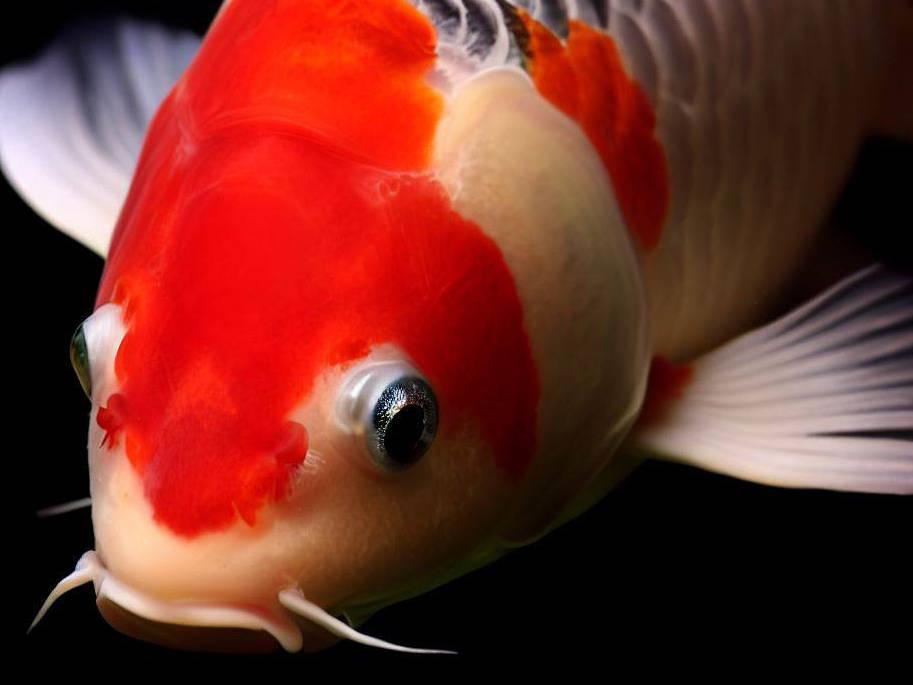Ornamental Koi fish have a rich history and cultural significance in many countries, particularly in Japan, where they are regarded as symbols of luck, prosperity, and good fortune. But beyond their cultural significance, one might wonder: are Koi fish valuable? The answer is a resounding yes, as their value extends far beyond their monetary worth.
Monetary Value
When discussing the value of Koi fish, it is impossible to ignore their monetary worth. In the world of Koi enthusiasts and collectors, these fish can command astonishingly high prices. The value of a Koi fish is determined by various factors, including its size, pattern, coloration, body shape, and overall beauty. Rare and unique characteristics often drive up the price significantly.
Some exceptionally rare Koi fish have been sold for staggering amounts, reaching hundreds of thousands or even millions of dollars. These price tags are often associated with Koi that possess extraordinary qualities, such as flawless patterns, vibrant colors, or distinct genetic traits. Koi competitions and auctions around the world showcase these remarkable specimens, attracting buyers and enthusiasts who are willing to invest a substantial amount of money in acquiring these prized fish.
Cultural and Symbolic Value
In Japanese culture, Koi fish hold immense symbolic value. They are associated with various positive qualities and are believed to bring good luck, prosperity, and success. These beliefs have roots in ancient folklore and have been passed down through generations. Koi fish are often depicted in art, literature, and traditional tattoos called "irezumi" as a representation of strength, perseverance, and transformation.
The significance of Koi fish extends beyond Japan and has been embraced by people worldwide. Many see these fish as a symbol of beauty, tranquility, and harmony, making them a popular choice for garden ponds and water features. The calming presence of Koi fish in these settings is believed to promote a sense of serenity and create a harmonious environment.
Educational and Environmental Value
Apart from their aesthetic appeal and cultural significance, Koi fish also hold educational and environmental value. Breeding and raising Koi fish requires expertise, patience, and knowledge of their unique care requirements. Hobbyists and enthusiasts who engage in Koi keeping often acquire a deep understanding of aquatic ecosystems, water quality management, and fish health. They become knowledgeable about maintaining a balanced environment for the fish, which can be applied to other aquatic species as well.
Furthermore, Koi fish have become an integral part of scientific research, particularly in the fields of genetics and evolutionary biology. Studying their diverse coloration patterns and genetic makeup provides insights into the mechanisms behind pigmentation, mutation, and selective breeding. This knowledge can have implications beyond the realm of Koi fish, contributing to advancements in fields like genetics and evolutionary biology.
The value of Koi fish goes beyond their monetary worth. These remarkable creatures embody a rich cultural heritage, symbolizing luck, prosperity, and strength. Their vibrant colors and graceful movements bring joy and tranquility to those who admire them. Koi fish also hold educational value, teaching enthusiasts about aquatic ecosystems and fish care. Moreover, their genetic diversity contributes to scientific research, expanding our understanding of genetics and evolution.
So, while Koi fish may indeed carry a significant price tag in the world of collectors, their true value lies in the joy they bring, the cultural significance they hold, and the knowledge they offer. They are not just valuable, but also priceless in their ability to inspire, educate, and connect people across cultures and generations.
